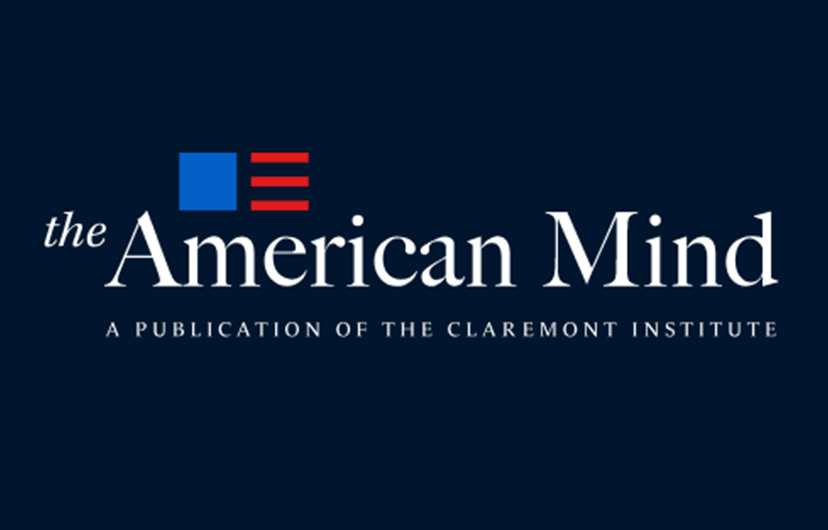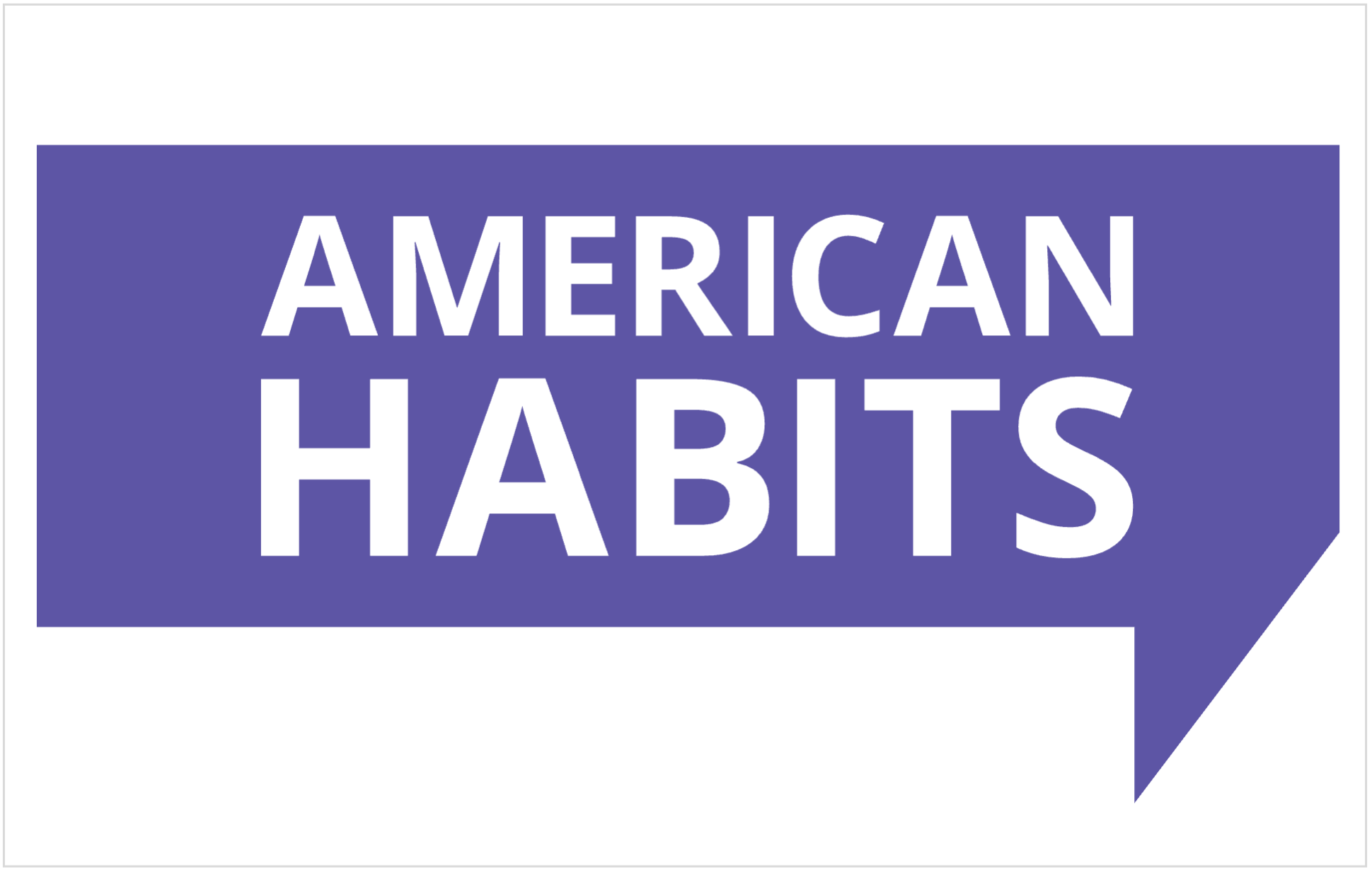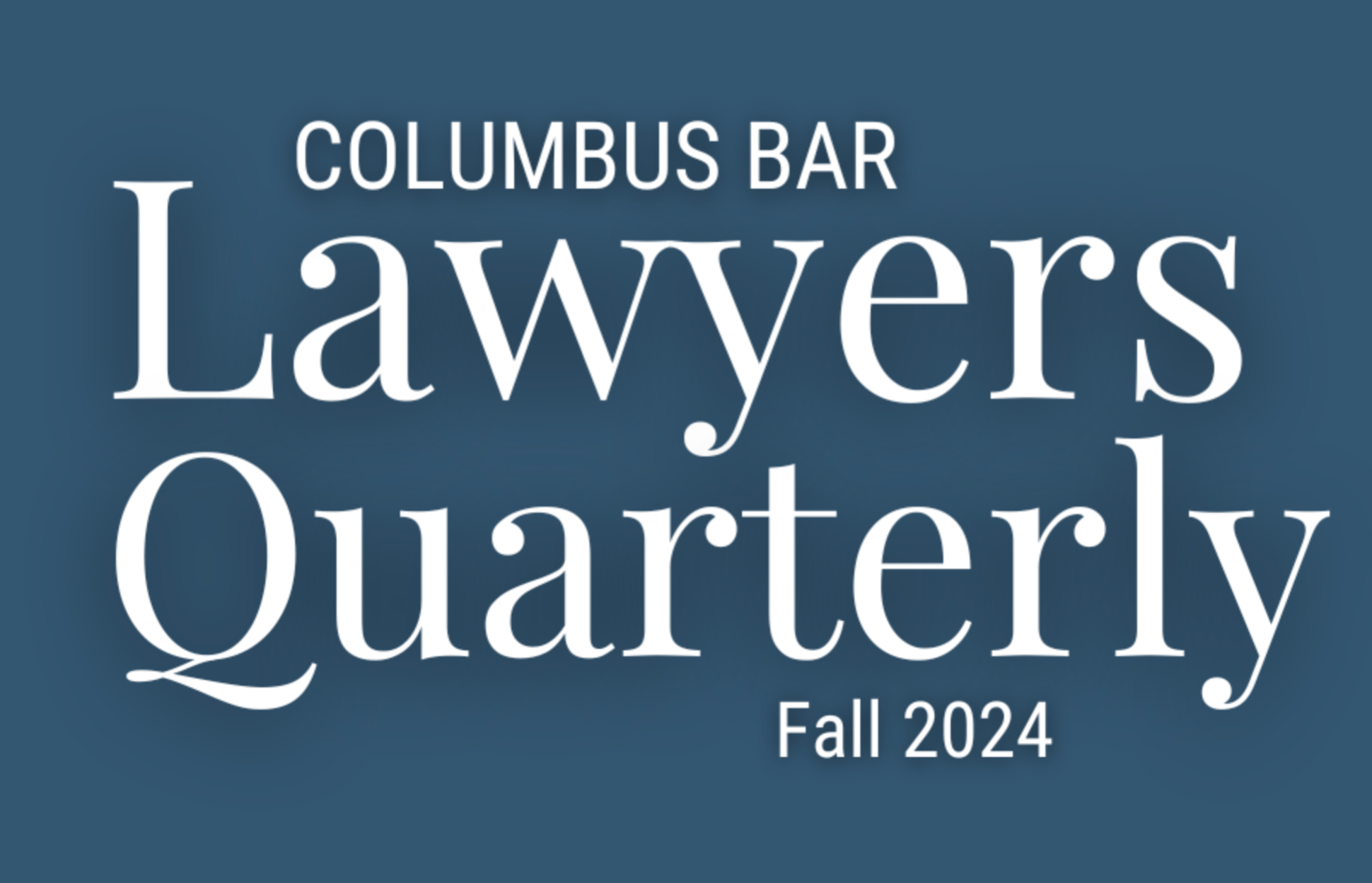Blog
A Personal Message from Robert Alt on Being “Otherwise Minded”
December 15, 2024

The Buckeye Institute’s Robert Alt writes of his gratitude to the “otherwise minded”—20th century’s freedom fighters who fought for freedom of speech, freedom of association, for property rights, and for freedom of religion. Alt writes, “These brave and dignified heroes established a line across which they would not bear government intrusion, and they honored that boundary with their lives.”
Can Moonshine Save the U.S. Constitution?
December 05, 2024

As far back as the Whiskey Rebellion, homemade distilled spirits have been a target of the U.S. government’s ire—a trend that continued through Prohibition and has persisted to the present day. While home brewing and home winemaking were legalized decades ago, home distilling remains prohibited under federal law. But is this often-overlooked federal ban constitutional? R Street Institute hosted a special Repeal Day event that featured a discussion of Ream v. U.S. Department of Treasury, Buckeye’s case challenging the federal ban.
Encourage AI’s healthcare potential
December 02, 2024

On American Habits, The Buckeye Institute outlines the benefits of AI in healthcare, writing, “Artificial intelligence programs can help doctors and hospital systems meet many medical needs today and tomorrow. Policymakers should recognize AI’s risks and rewards, and encourage its safe use and development rather than pursuing knee-jerk regulations that may deny us the full potential of new treatments and technologies.”
How Trump Can Combat Censorship
November 14, 2024

In The Wall Street Journal, The Buckeye Institute calls on President-elect Trump to protect Americans from government censorship. “Donald Trump has a historic opportunity to combat censorship by federal bureaucrats…On day one, he should issue an executive order dictating that if federal employees encourage private companies to censor users’ First Amendment-protected activities, they must report these requests to the Office of Management and Budget. The OMB would then be required to publish these reports online, redacting information as necessary.”
Robert Alt Joins the Cato Daily Podcast to Discuss Buckeye v. IRS
October 02, 2024

The Buckeye Institute is challenging the Internal Revenue Service-practice of collecting and storing information on donors to American charities and nonprofit organizations. Robert Alt, president and chief executive officer of The Buckeye Institute, joins the Cato Daily Podcast to discuss Buckeye v. IRS—Buckeye’s case challenging the IRS-required disclosure of private donor information to the government—and explain why the case matters.
The Rise and Fall of Chevron Deference
October 01, 2024

In the Columbus Bar Association’s Lawyers Quarterly magazine, David C. Tryon, director of litigation at The Buckeye Institute, evaluates the impact of the end of Chevron Deference. “Advocates and adversaries of Loper Bright overstate the likely effect of Chevron’s recent demise. It will not end the administrative state, but it will significantly affect how Congress, federal agencies, and judges fulfill their constitutional obligations.”
Subsidies and Regulations Threaten Reliable, Affordable Energy in Ohio
September 24, 2024

Affordable, reliable energy remains vital for Ohio, especially as the state adds cutting-edge technology and data centers to its economic and manufacturing portfolio. To ensure a dependable, affordable, and dispatchable energy supply for the foreseeable future, Ohio policymakers should take a two-pronged approach to energy policy.
Minimum wage amendment backers pulled bait-and-switch
September 19, 2024

In The Columbus Dispatch, Robert Alt, president and CEO of The Buckeye Institute, exposes One Fair Wage’s bait-and-switch tactics to put the proposed minimum wage constitutional amendment on the November 2025 ballot after failing to make the November 2024 ballot. “One Fair Wage…seems poised to pull an audacious switcheroo on early amendment supporters and unsuspecting Ohio voters. And the consequences, if they get away with it, could be catastrophic.”
The Folly of Rent Control Continued
September 18, 2024

In The Highland County Press, The Buckeye Institute highlights how government regulations, zoning requirements, and other bureaucratic restrictions make building new homes and apartments harder and more expensive. Buckeye criticizes the Biden-Harris administration’s “strategy to ‘fix’ these government-made problems with government-mandated rent control” and notes that a recent government lawsuit against the RealPage software company “is yet another example of how ‘politicians blame businesses rather than fix their own misguided policies.’”
Here’s where a Granville man’s legal battle on home distilling stands
September 12, 2024

The Newark Advocate features Ream v. U.S. Department of Treasury—The Buckeye Institute’s case to overturn the federal ban on home distilling. Buckeye’s client in the case in John Ream of Licking County. Learn more about the case at BuckeyeInstitute.org/ReamvUSTreasury.
